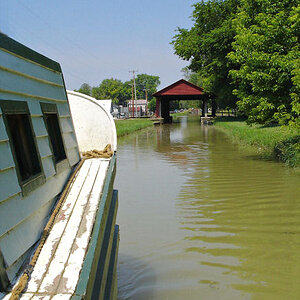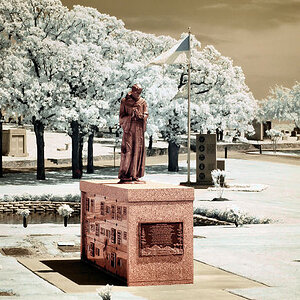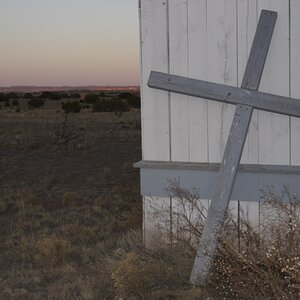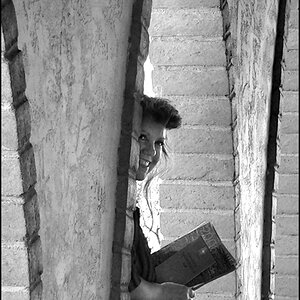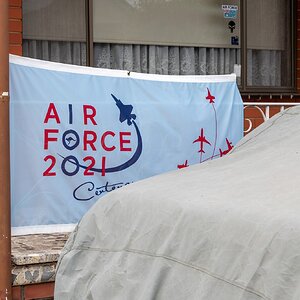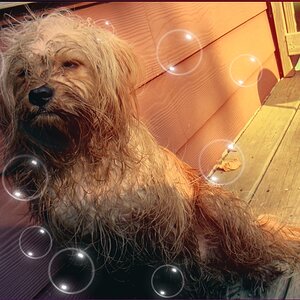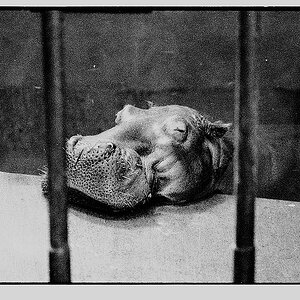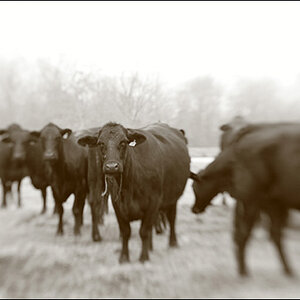ottor
No longer a newbie, moving up!
- Joined
- Feb 7, 2009
- Messages
- 935
- Reaction score
- 173
- Location
- S. Idaho
- Can others edit my Photos
- Photos OK to edit
Going to Boise this weekend and am bringing my Canon 450D XSI - Called camera store to see how much to clean my sensor, and was advised that a professional would clean
it for $105.00.. I can get a sensor cleaning kit for about $35 and do it myself. When asked what the diff is between the $105 and a kit I can get myself, Iwas told that they
have "Professionals" that can do it .......... If I trust myself, I can do it myself, but she'd reccomend having them do it...
I'll bet..
Is it really that hard?? I have a pretty stable hand, and not afraid to do it myself - until talking to this store... If Im careful, can I do this myself?
tks,
r
it for $105.00.. I can get a sensor cleaning kit for about $35 and do it myself. When asked what the diff is between the $105 and a kit I can get myself, Iwas told that they
have "Professionals" that can do it .......... If I trust myself, I can do it myself, but she'd reccomend having them do it...
I'll bet..
Is it really that hard?? I have a pretty stable hand, and not afraid to do it myself - until talking to this store... If Im careful, can I do this myself?
tks,
r


